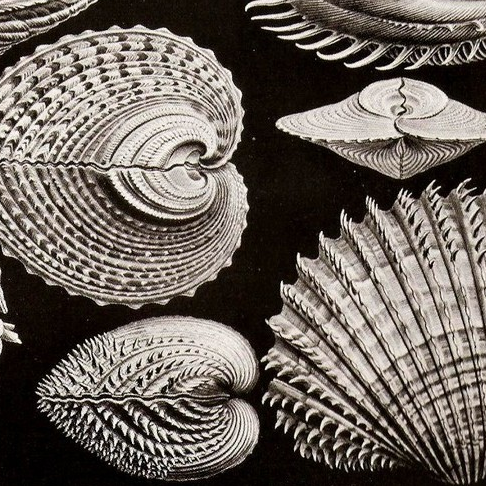Shells and Pebbles
Interesting finds on the shores of the history of science and the humanities
-

The Male Pill: Reflections on Gender and Social Construction
“The Pill” is the most common contraceptive used by women in Western countries, and certainly the most high-profile one.[1] The Pill combines ease of use (daily oral administration of a small capsule) with high contraceptive effectiveness (more than 99% with correct use). In 2010, both scientists and journalists celebrated the fifty years of the Pill,…
-

Corona zonder eigenschappen
Het coronavirus houdt zich niet aan de landsgrenzen, het heeft geen paspoort, houdt zich niet aan de grondwet en trekt zich niets aan van drukte op De Dam. Deze trits uitspraken van premier Mark Rutte en minister Hugo de Jonge somde Arjen Lubach zondag 4 oktober 2020 op. Daarmee deed hij de rake observatie dat…
-

On the other hand. On Ambidexterity of Knowledge
This blogpost is followed by a brief interview with the author. Acknowledgement: This piece, its style and reasoning, is indebted to historian of science Michel Serres. This story is oft-told: With our hands we point to the places in the world, where we want to invest the attention of others. “Show it to me,” demanded the person who wanted to found a claim of knowledge…
-

Aan de vergetelheid onttrokken: Paul de Kruif
Frank Huisman, hoogleraar geschiedenis van de geneeskunde te Utrecht, heeft in 2013 een viertal argumenten of drijfveren voor het bedrijven van zijn vakgebied beschreven: 1) als hulpmiddel bij academische vorming (‘Bildung’); 2) als hulpwetenschap voor de geneeskunde; 3) als politiek instrument; en 4) als (culturele) betekenisgever.[1] Hij illustreert elk van deze vier drijfveren met markante…
-

De opkomst van de universitaire campus in Nederland, 1945-2020
Nu de universiteitsgebouwen in Nederland er verlaten bijliggen vanwege de coronapandemie – en geschikt worden gemaakt voor de anderhalvemetersamenleving – breekt een nieuw hoofdstuk aan in de roerige geschiedenis van de universiteitscampussen in de afgelopen decennia. Universiteiten zijn al enige tijd volop bezig met renovatie, sloop en nieuwbouw, vaak op basis van uitgesproken ideeën over…
-

The far-side of scientific funding: why you should publish your rejected grant application
When the astronomer Tycho Brahe gifted his book Astronomiae Instauratae Mechanica (1598) to the Republic of Venice, he strongly hoped that it would move the city to write out a decree supporting his travels for astronomical observations. Tycho had left his motherland Denmark after the new ruler Christian IV withdrew his patronage of the research…
-

Feiten of Daadzaken?
In de nasleep van de door Donald Trump gewonnen Amerikaanse presidentsverkiezingen ontstond er een hoogoplopende discussie over ‘alternatieve feiten’.[1] Veel wetenschappers voelden zich door de overwinning van Trump in het nauw gedreven, en richtten zich massaal op tijdens de wereldwijde March for Science. De marcherende bondgenoten van de wetenschap gingen vooral de straat op ter…
-

Observing an earthquake in 1734
On Friday October 25th 1734, between three and four at night, an earthquake hit Sussex County in the South of England. Several days later, a local Duke named Charles Lennox wrote a letter to the Royal Society of London in which he reported on the various observations of the earthquake he had collected. The Royal…
-

Bringing discussion back to science
Opportunities for debating failure have gradually been removed from the academic literature. The Journal of Trial and Error (JOTE) envisions to become a platform where scientific failure can be openly discussed. Not only will it publish articles on research containing methodological and/or conceptual errors, JOTE will also invite subject specialists and scholars of science to…
-

The Forgotten Nooks and Crannies of Scholarship
There is no such thing as the typical scientific journal: some are highly specialized, while others focus on a very narrow field of knowledge; some target a small audience of highly-specialized peers, while others aim to serve a wider audience; some are product of one individual’s committed efforts, others are, in a way, the club…
-

Frozen Science
Last summer, the people of the Arctic Norwegian island of Sommarøy announced that they wanted to abolish time. With months of uninterrupted darkness in winter and daylight in summer, there is no point in living by a fixed 24-hour cycle. The island would be the world’s first ‘time-free zone’. The news was taken over by…
-

‘Het enige wat blijft zijn leerlingen.’ Een interview met H.A.M. Snelders
Op een zonnige februaridag bezoek ik Bilthoven, waar prof. em. Harry Snelders, net als veel hoogleraren, in de jaren zeventig naartoe verhuisde toen hij een leerstoel aan de Universiteit Utrecht kreeg. De aanleiding voor ons gesprek is de negentigste verjaardag van de gepensioneerde professor. Hij had wel even getwijfeld of hij op het verzoek in…
-

The Manifesto for Trial and Error in Science
It is now more than a year ago that we, master students at the Descartes Center for History and Philosophy of Science and the Humanities at Utrecht University, started the Journal of Trial and Error: a platform that encourages researchers to publish and discuss failure. In other words, we facilitate scientists to publish results that…
-

An Astronomer Calls: George Airy’s Astronomer Royal’s Journal 1836-1847
Stargazing, discovering new planets, and large telescopes tend to dominate the public imagination about nineteenth-century astronomy. Yet, the everyday tasks of astronomers were less dominated by such an image. In fact, astronomers could find themselves in positions very different from these. A great example of this was the British astronomer George Biddell Airy (1801-1892). After…
-

Een koffer met lenzen
Als conservator van het Erasmus MC is het mijn taak interessante en belangrijke objecten te signaleren en te bewaren als erfgoed. En soms meert er inderdaad op de kade in Rotterdam een fascinerend object aan, zoals een onderzoekskoffer met testlenzen van oud-professor Gert van den Brink.[1] Een dergelijk object geeft een nieuw inkijkje in de…
-

De compositie van onderzoek
Susanna Bloem en ik ontmoeten elkaar bij de stationspiano op Den Haag Centraal. Ik kom even uit het Nationaal Archief gekropen en zij heeft net compositieles aan het Conservatorium gehad. Zo lijkt een wetenschapshistoricus een muzikant te ontmoeten, maar het ligt gecompliceerder: zij is historica, die haar onderzoek in muzikale composities probeert te vertalen. Afgelopen…
-

Het Tuinfeest op Wiltzangk
Wat is het verhaal van deze foto, van dit ‘Tuinfeest op Wiltzangk’? Ruim vijf jaar geleden dook ze voor het eerst op, toen ik tijdens mijn studie de interbellum scheikunde onderzocht. Sindsdien bewoog ik me in mijn promotie naar het naoorlogse wetenschapsbeleid en verdween de foto naar de marges van mijn aandacht. Toch drong het…
-

‘Ein herrenloses Zwischenland’: Max Weber and Willy Hellpach, ‘social pathology’, and the sciences and humanities
In 1905 the psychologist Willy Hellpach submitted a manuscript to the Archiv für Sozialwissenschaft und Sozialpolitik, a journal led since 1903 by Edgar Jaffé and edited primarily by the well-known scholars Werner Sombart and Max Weber. Hellpach’s article concerned the notion of ‘social pathology’ as a possible scientific perspective on particular diseases, like alcoholism and…
-
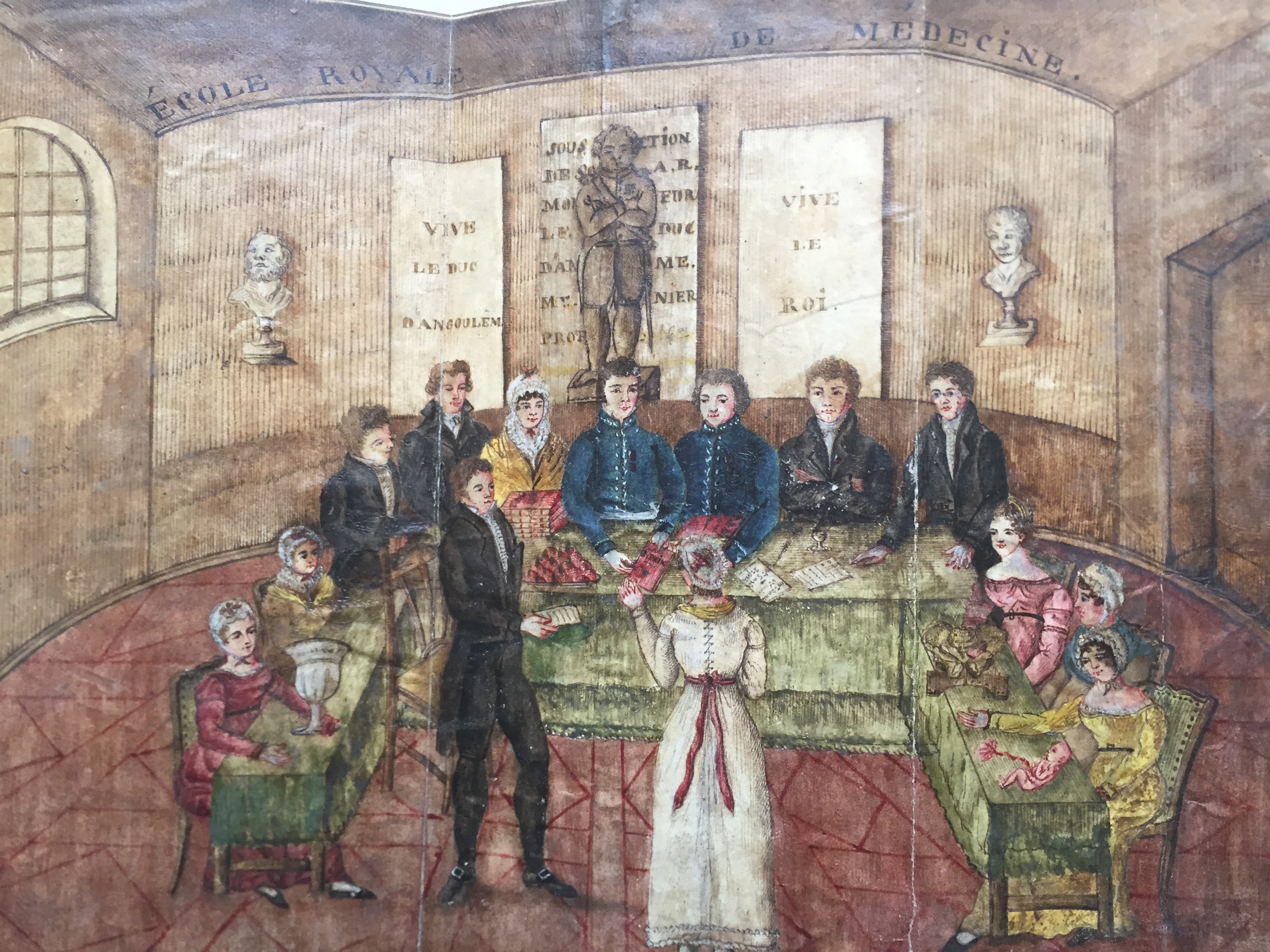
The Glass Uterus: A Social History of an Object
In 1778, four boxes of materials for the midwifery course in the Généralité of Soissons transferred from the recently deceased physician Nachet to the next instructor, Deberge, along with the title of professor of midwifery. These boxes included one real pelvis with ligaments, a sacrum, two hipbones, two femurs, two mannequins [fantômes], two infants for…
-

The Value of the Humanities according to Friedrich Paulsen
Friedrich Paulsen (1846-1908) wrote several influential works on philosophy – with readers from all over the world – but is surprisingly neglected in the historiography of philosophy. When mentioned at all, it is mostly as the philosophy teacher of Edmund Husserl in Berlin or as one among many neo-Kantians. However, there are many aspects of…
-
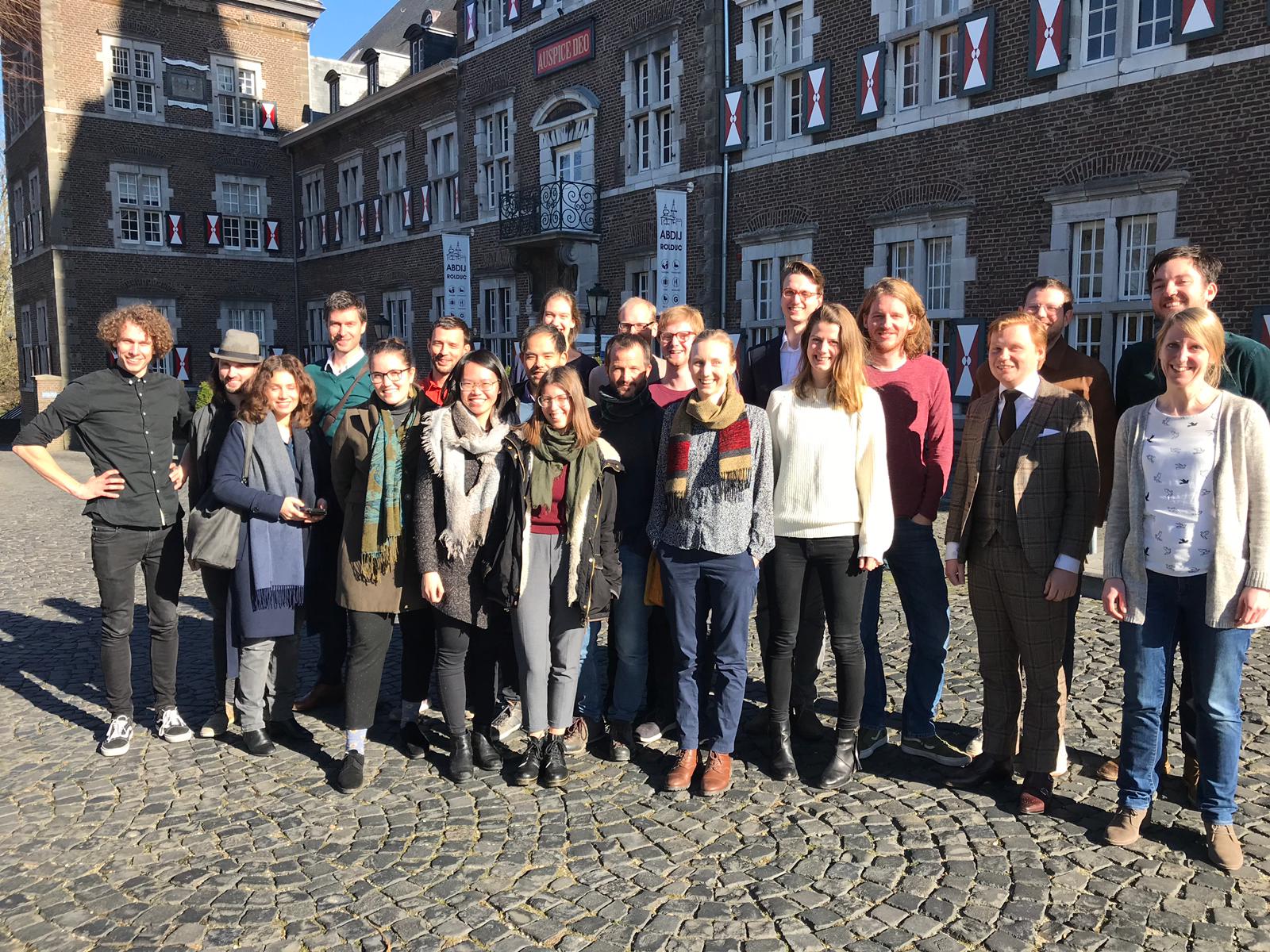
History of Science and Humanities PhD Conference 2019: A Thematic Report
On a warm and sunny St Valentine’s day, twenty-two PhD-candidates from the Low Countries gathered in the beautiful Rolduc Abbey (Kerkrade) for the seventh edition of the History of Science and Humanities PhD-conference. Many of them had just recently started their projects, some were finishing, others were working on specific case studies. The topics ranged…
-

Gewenste kennis over ongewenste kunde: Kleiweg de Zwaan over abortus onder de inheemse bevolking van Nederlands-Indië
Tijdens het bestuderen van vroeg twintigste-eeuws antropologisch onderzoek naar de bewoners van Nias, een klein eiland ten westen van Sumatra, stuitte ik op korte, maar zeker niet omfloerste beschrijvingen van de positie van abortus binnen inheemse samenlevingen aldaar. Geïntrigeerd door het bestaan van deze niet-westerse abortuspraktijken, maar wellicht nog meer door het bestaan van antropologisch…
-
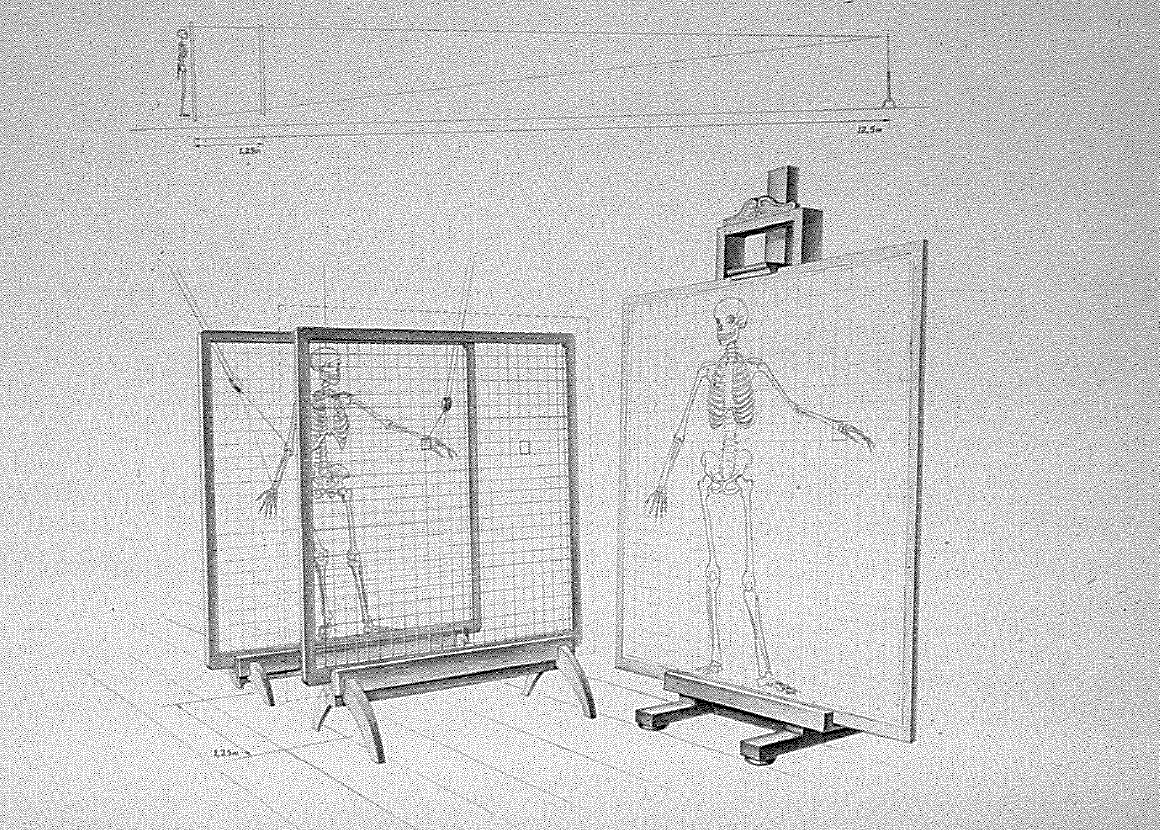
Een achttiende-eeuwse tekenmethode in de praktijk
“Wetenschap is mensenwerk.” Dit is niet alleen een van de thema’s die in de nieuwe herinrichting van Rijksmuseum Boerhaave aan de orde komen, maar ook een invalshoek die veel van het andere werk rond de collecties van het museum bepaalt. Eerder dan een abstract proces van kennis vergaren is wetenschap immers een praktische en soms…
-
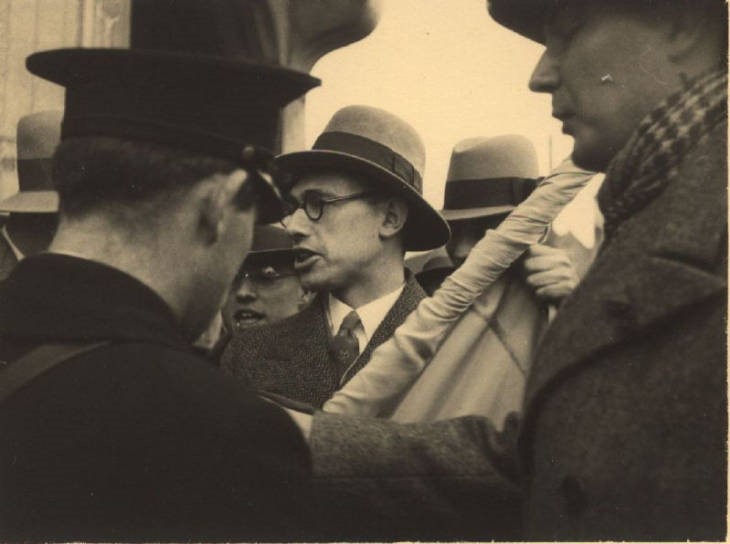
Van collega-antropologen tot verzetsheld en SS’er: Arie de Froe en Haring Tjittes Piebenga
De Wieringermeer, 1939. Twee antropologen en een groep Amsterdamse geneeskundestudenten voeren grootschalig onderzoek uit. Honderden schoolkinderen en volwassenen worden gemeten en ondervraagd met als doel rassenkenmerken te identificeren. De samenwerking tussen de antropologen verloopt goed, naar eigen zeggen zelfs “uitmuntend,” doch vier jaar later zijn beide totaal verschillende kanten opgegaan. De een, Arie de Froe,…
